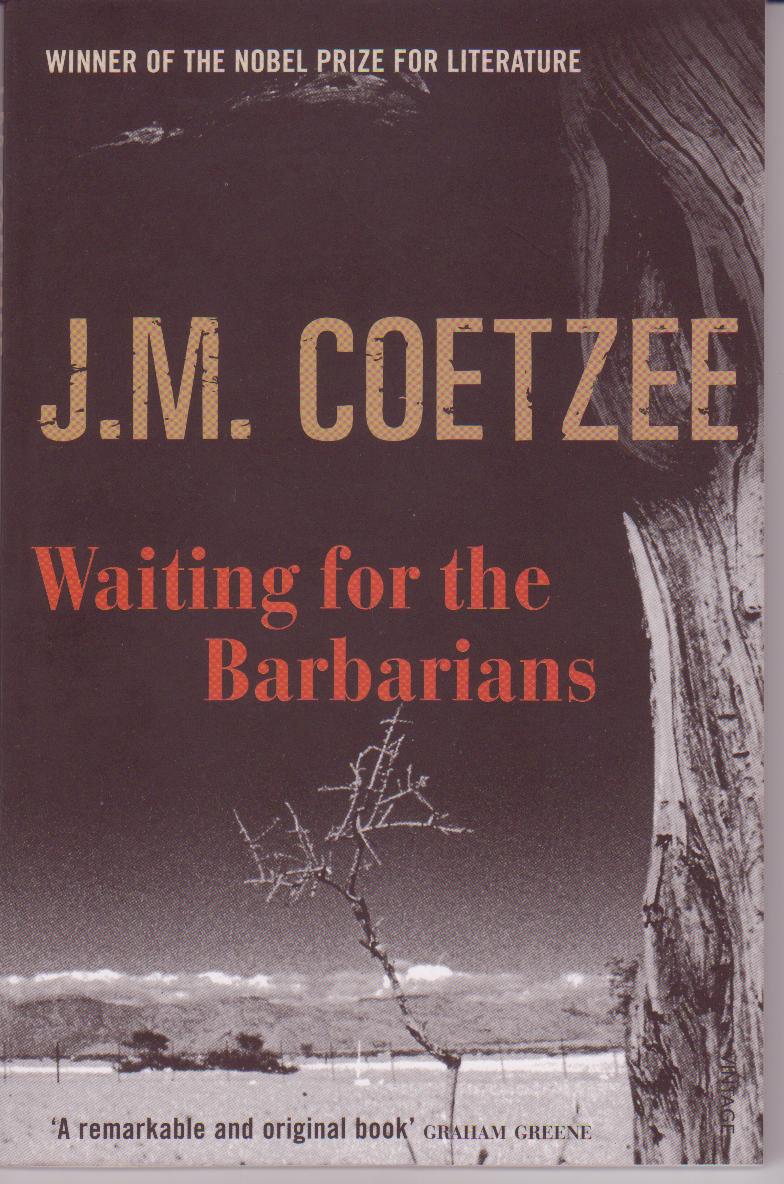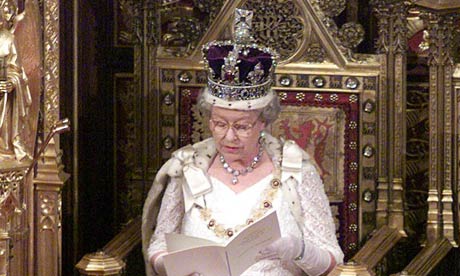Headline: "Where can you find mermaids? In a school of course."
Pearl came home from school in tears. The bus had barely squeaked into drive when Aunt Bertha demanded to know what was wrong.
"I wish I could go back home! I hate living here! I'm so tired of living a lie all the time!!"
"Oh my dear, what happened?"
Pearl explained the new p.e. unit at school, which would take place at the high school pool. They were to be bused over once a week, and have a swimming unit. Naturally, there were mixed reviews. None, however, were so severe as Pearl's.
"You'll just have to be exempted."
"How? Everyone will just think I'm a wimp. . ." And then the teasing, and forever being the weird girl that was afraid of water or something. . .
. . .
The politicians hugged in front of the flags for the camera. Mr. Frances whispered into Mr. James' ear.
"We found one." And Mr. James' camera-smile quickly became genuine. After the various media outlets got their pictures, the men proceeded to the conference.
James Frances' moment to shine had finally arrived. He had used every intelligence resource in the government. Officially, the team he led in the CIA was intended to collect information in the states. In all technicality, he was within his bounds. However, it is unlikely that the taxpayers would be pleased with the exact intelligence he was collecting. Perhaps because of unbelief, or perhaps because of a belief in more important things to gather intelligence about, but most Americans do not want the CIA spending time searching for mermaids.
In a small dark room, where a group of middle-aged men sat gathered around a table, Mr. Frances began his powerpoint presentation.
"Where can you find mermaids? At a school, of course."
He clicked to the next slide, which pictured a middle school in the Midwest.
"We have been searching old newspapers, and this girl is connected to several anomalies. . ."
. . .
Pearl walked into school about a week later with no peculiar feeling about the day. In first period, she was called to the principal's office. Her old 7th grade English teacher, Mrs. Arens, was there as well. Mr. Powers had something very strange to tell her.
"You need to come with us, Pearl. You are not safe here. We know what you are, as does another branch of the CIA. Unfortunately, the branch that knows is corrupted and essentially will kidnap you. We don't want that to happen."
It all seemed rather suspicious. Pearl told them so. How did she know that they weren't just trying to kidnap her easily? Why was it o.k. for them to take her away and not the other branch of the CIA. They told her she could walk away and take her chances. They spent half an hour trying to convince her otherwise, but she remained unconvinced. As she turned to leave, Mrs. Arens put a needle in Pearl's arm, and then carried her into the nurse's office. Once there, she made up a fainting story for Pearl.
When she came back, Mr. Powers groaned and pinched the bridge of his nose.
"What are we going to say if and when the CIA snatches her away from her family with no explanation?"
"We'll just have to watch her as best we can."
"Fine. But we flip for who gets to tell headquarters that she refused our protection."
He said, while reaching for a quarter.
He had had a frustrating couple of months. On top of actually being a principal (it's hard to fake) for squirrely middle schoolers, he had been dealing with his almost powerless agency. Unlike the CIA, they couldn't do things with no questions asked. They were under the law, which made protecting anomalies like Pearl rather difficult. At least they were allowed to drug those that refused protection so that they would forget the last 1/2 hour. Thinking of that, Mr. Powers realized Pearl should be awake by now. He walked into the nurse's office and offered her an alternate story about her fainting when she got into his office. He then made up a reason that he needed to see her.
He went back into his office and said to Mrs. Arens, "Alright, seeya after school. It would be better if we could get one of our people teaching one of her classes. . . or a janitor at least. . . but oh well."
Pearl sat poolside at the high school. She wore a sweatshirt and jeans, so hopefully she wouldn't get wet. Mrs. Arens was there, helping to supervise. Pearl wondered if she ever taught, because she saw her around school so much outside of her classroom. . .
It had been an embarrassing few days. Everyone thought she was afraid of water, and now she was a fainter, too. After awhile, she went into the locker room to use the restroom. She was washing her hands, trying to hurry before she changed into a mermaid, when her mouth exploded into pain. By the time she registered that it was a hand over it, her other limbs had been secured.
The next thing she knew, she was shackled in the back of a dark van.
















 (from "Rise Again" by NEEDTOBREATHE)
(from "Rise Again" by NEEDTOBREATHE)








